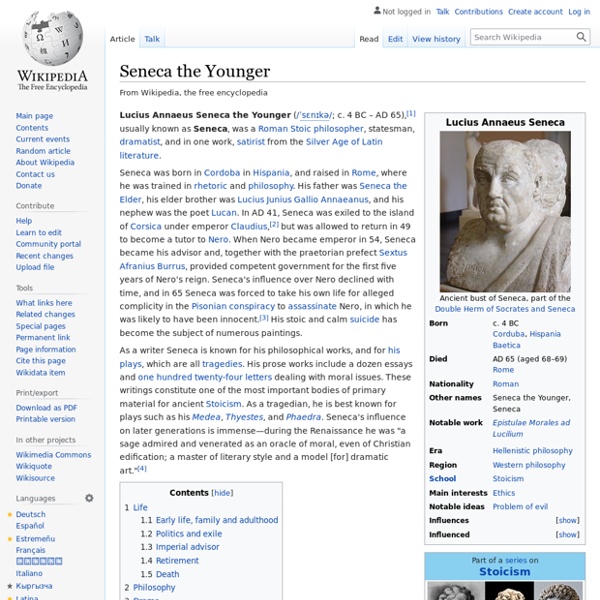One-Page Business Plan Templates
Having a business plan is a must, whether your goal is to start a one-person freelancing business or a multi-million dollar enterprise. However, if you are looking to start a simple product or service business as a sole proprietor or one-person corporation you don't need a 50-page business plan. A shorter plan will suffice — especially if you don't have to impress financial institutions or investors for debt or equity financing. The quick and easy one-page business plan templates in this article (for both product and service businesses) can get you started. If your business is a partnership, requires multiple employees, or needs financing you may need a more robust business plan — see this Guide to Writing a Business Plan Step By Step for a detailed description of how to write each section of a full-sized plan. Keep in mind that a business plan is a living document and you can always start with a one-page plan and enlarge it with additional detail as required.
What is a concept store?
What was the last concept store you were in? Do you even know if it was a concept store? The problem with terms like this is that they often get misappropriated by people trying to get on the bandwagon. Suddenly every store is either claiming to be, or described as, a concept store.
The Power of Culture – Delegation of the European Union to the United States
One thing I’ve come to understand during my years as a diplomat is the power of culture. Culture connects people from different socioeconomic, ethnic, and political backgrounds, creating a space not only to enjoy what we have in common but also to celebrate our differences. This celebration of diversity is at the core of what the European Union stands for, evident in our motto, “United in Diversity.”
The Hidden Power of Culture
Culture influences the songs we sing, the steps we dance and the words we write. It also shapes our brains. Scientists have long known that neuroplasticity allows individual events to sculpt the brain's form and function.
The Role of Culture in Doing Business in Africa
Culture refers to the accepted norms and values and rational behaviour of groups. It’s “How we do things!” Countries, as well as people within the country, may operate differently according to beliefs, values, norms, morals and attitudes.
The merits of cultural entrepreneurship in Africa
The wealth of African culture makes the continent a fascinating destination for tourists, yet its full potential remains largely unknown. It needs to be fully exploited. African governments have often made lofty promises to promote culture industries. Independent cultural expression, however, cannot be left to those in power, and cultural entrepreneurs can do a lot to make a difference. [ By Peter Musa ] In the past, very little attention was paid to the role culture plays in the development process.
The merits of Cultural Entrepreneurship in Africa
I have come across an article dating back to 2009 by Peter Musa published by ‘D+C Development and Cooperation‘, a website and a monthly print magazine funded by Germany’s Federal Ministry for Economic Cooperation and Development and commissioned by ENGAGEMENT GLOBAL. The article is entitled “The merits of Cultural Entrepreneurship in Africa – Becoming active“. The author suggests African cultural entrepreneurs to embrace an active position as professionals instead of waiting for government support. He presents some great cases of people from Yaounde in Cameroon, Dakar in Senegal, Nairobi in Kenya, Maputo in Mozambique, and Ouagadougou in Burkina Faso. I keep two interesting points from this article:
Defining Cultural Entrepreneurship
Cultural Entrepreneurship is difficult to define. Are we taking a wide definition of ‘culture’ to include a ‘way of life’ or are we taking about the ‘arts’ or the ‘creative industries’? Of course, there is no single definition. In the Guardian’s Secret Entrepreneur series, there is a debate about whether or not a definition for social enterprise is important.
Indigenous Cultural Entrepreneurship in South Africa
South Africa consists of people who live out their culture in different or in similar ways. Culture includes all the various languages which people speak as their mother tongue and as a second or even a third language. It also includes the music, literature, visual arts, dance, drama, oral traditions, traditional practices which include food, fashion, architecture and heritage and the particular beliefs of a cultural group which all contribute to a unique way of life that is in certain ways distinct from that of another cultural group. All of these distinct cultural characteristics in some way or another contribute to a diverse, but also a shared and vibrant cultural landscape in South Africa. However, the cultural landscape of South Africa on the one hand tells a story of underdevelopment, neglect and blatant disregard of certain cultures and on the other hand a story of preferential treatment of particular cultural communities and cultural practices.



